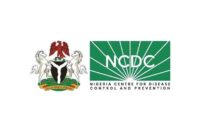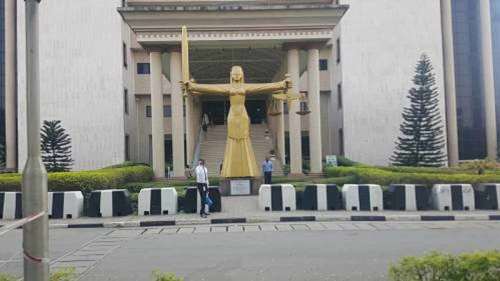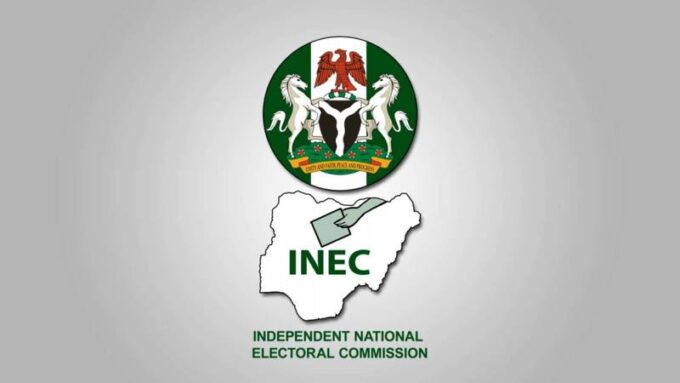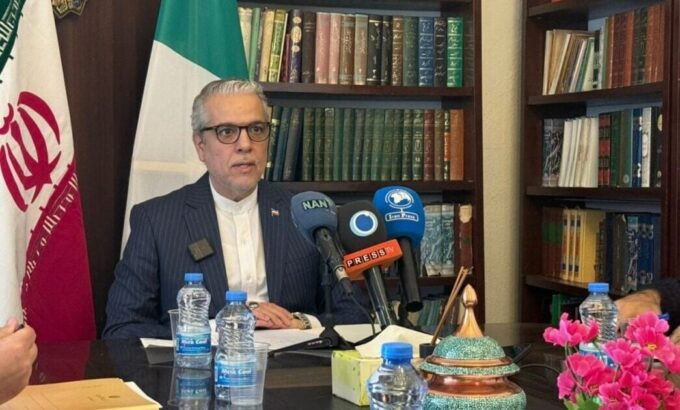•PPP pact reveals FAAN staff transitions, revenue distribution
By Chinelo Obogo
The federal government is currently finalising negotiations with Aero Alliance Consortium to concession the Akanu Ibiam International Airport (AIIA) in Enugu for an 80-year period.
A draft contract, obtained by Daily Sun, reveals the details of this Public-Private Partnership (PPP) agreement, which makes provisions for airport upgrades, the handling of existing Federal Airports Authority of Nigeria (FAAN) staff, revenue-sharing, among others.
Clause 5.1 of the 64-page document which was analysed by Daily Sun, addresses the very crucial issue of current FAAN employees at the airport. According to the agreement, all existing airport staff will be transferred to Aero Alliance with their full benefits for an initial period of 24 months. There would be no forced redundancies and afterwards, any member of staff deemed redundant after any restructuring will be reabsorbed by the federal government, which will retain responsibility for their pension and gratuity payments. The concession duration is an initial 80-year term which will commence upon “Effective Date” and an optional 20-year extension based on performance. There are also early termination clauses for non-compliance.
“The concession period (the ‘Concession Term’) shall be eighty (80) years, commencing on the Effective Date and ending on the Eightieth (80th) anniversary (subject to any extension in accordance with this Agreement) or, if earlier until this Agreement is terminated in accordance with this Agreement,” the document stated.
Clauses 2.1.4 and 2.2.2 detail the revenue sharing formula between the government and Aero Alliance. A major provision in the agreement mandates that 1% of the net income will be remitted to the Infrastructure Concession Regulatory Commission (ICRC). Also, Aero Alliance will have full control over non-aeronautical revenue such as ground handling, cargo fees, rentals, parking, and VIP lounge fees, without the need for government approval, provided they keep to legal limits. However, the concessionaire will need to submit aeronautical tariffs, including landing fees and passenger service charges, for government approval.
The agreement stipulates that the collected tariffs must fund operations and maintenance, debt repayment, capital investments, statutory taxes. Shareholder profits (subject to agreement terms. Clauses 15 and 14.7 says that the concessionaire must submit quarterly financial reports to the grantor and that the grantor has audit rights over revenue and expenses. The Concessionaire must submit quarterly financial reports to the grantor and the grantor has audit rights over revenue and expenses.
Clause 16.7 outlines the cost-sharing procedure for force majeure events. In the case of non-political events like natural disasters, each party bears its own costs and in cases like indirect political events like strikes, civil unrest, the concessionaire covers costs up to insurance claims, while the remaining costs would be split 50/50 with grantor. In the case of political events like expropriation, discriminatory laws, the grantor fully reimburses the concessionaire. Clauses 18 speaks on termination compensation. If the termination is the fault of the grantor default, the grantor must pay outstanding loans, third-party liabilities, equity investment and projected returns.
There are specific upgrades and improvements that the concessionaire must mandatorily carry out which are stated under Clause 2.2. The concessionaire must carry out runway rehabilitation, address existing deficiencies and ensure compliance with ICAO standards. The concessionaire must also carry out terminal expansion, installation of updated navigation/communication technology.
The baggage handling systems must be upgraded to meet IATA standards. The VIP lounges, retail spaces, and car parks, firefighting equipment, lighting, and emergency systems according to the NCAA’s regulations. In clause 8, preventive maintenance is required to avoid service degradation and facilities must meet “optimum” IATA service levels upon transfer back to the grantor. The improvements that could be carried out at the discretion of the concessionaire are commercial real estate projects, choice of tech vendors, optional amenities and marketing/branding initiatives.
If the concessionaire does not carry out runway or terminal Upgrades according to clause 2.2.1.1, the grantor can terminate the contract and seize any asset seizure according to clause 19.5. Where there is no safety system maintenance (Clause 8), the NCAA can fine the concessionaire according to clause 2.3.
According to clause 18.6, if a there is a change in the law and the new regulations require additional upgrades, 100 percent of the costs would be borne by the concessionaire if it is commercially reasonable or it would be split 50/50 between the grantor and the concessionaire if the impact is substantial.
A five-member team which will include three representatives from the grantor and two from the concessionaire will monitor compliance to ensure the contract is being carried out to the letter. If there is any deadlocked decision, it would be escalate to the ICRC which will enforce a binding resolution within five business days. Clause 13.4 makes provision for quarterly reporting where it is mandated that operational/financial performance data must be submitted including maintenance logs, upgrade progress against KPIs.
The agreement becomes effective when there is a written confirmation from both parties that all conditions are satisfied according to clauses 4.1.1–4.1.2. The Federal Executive Council must approve and the ICRC would have to issue a Certificate of Compliance. The concessionaire must also show proof of financing. If all the conditions are not met aren’t met within 180 days (extendable to 270 days), either party may terminate.


















Leave a comment